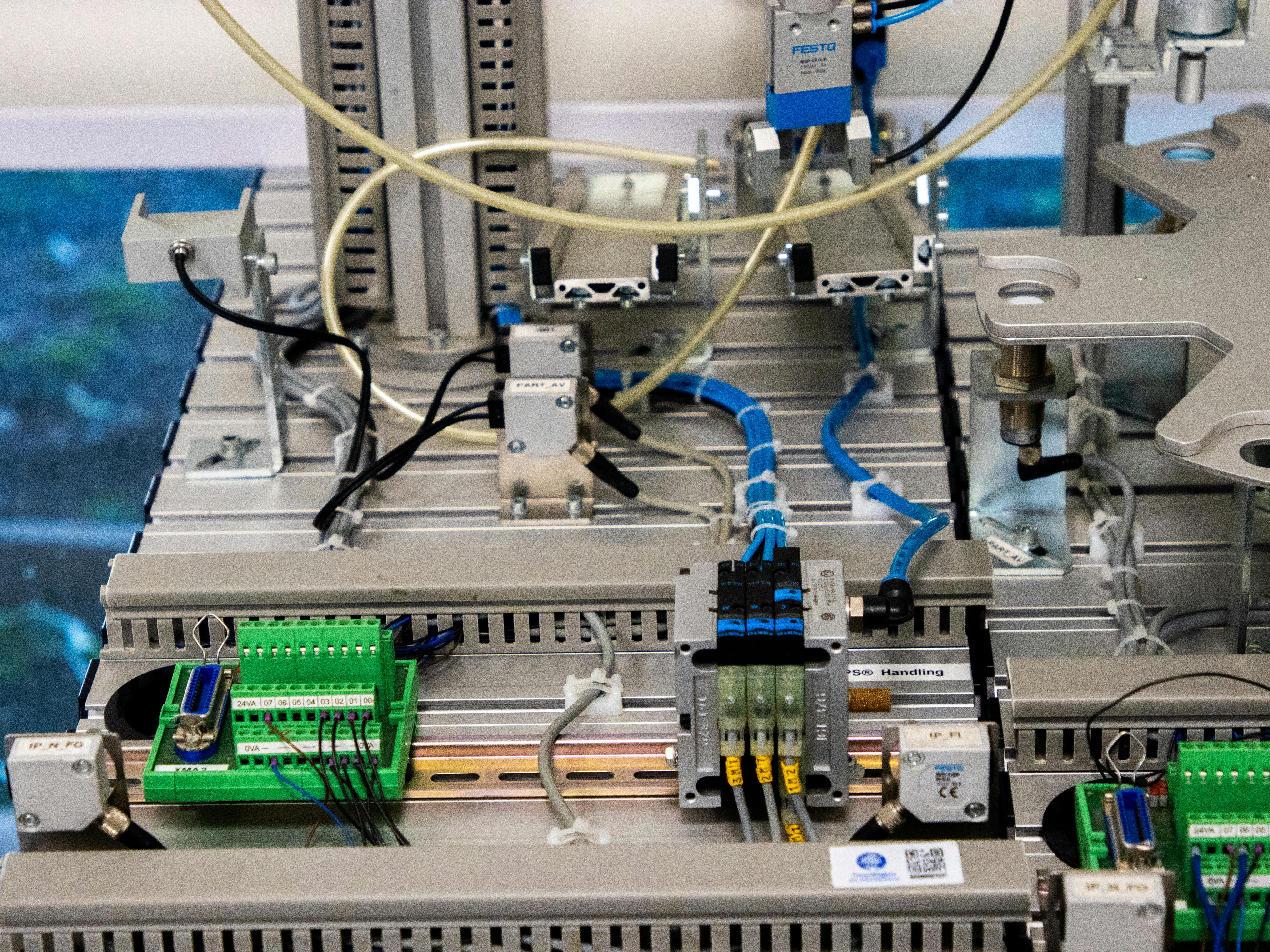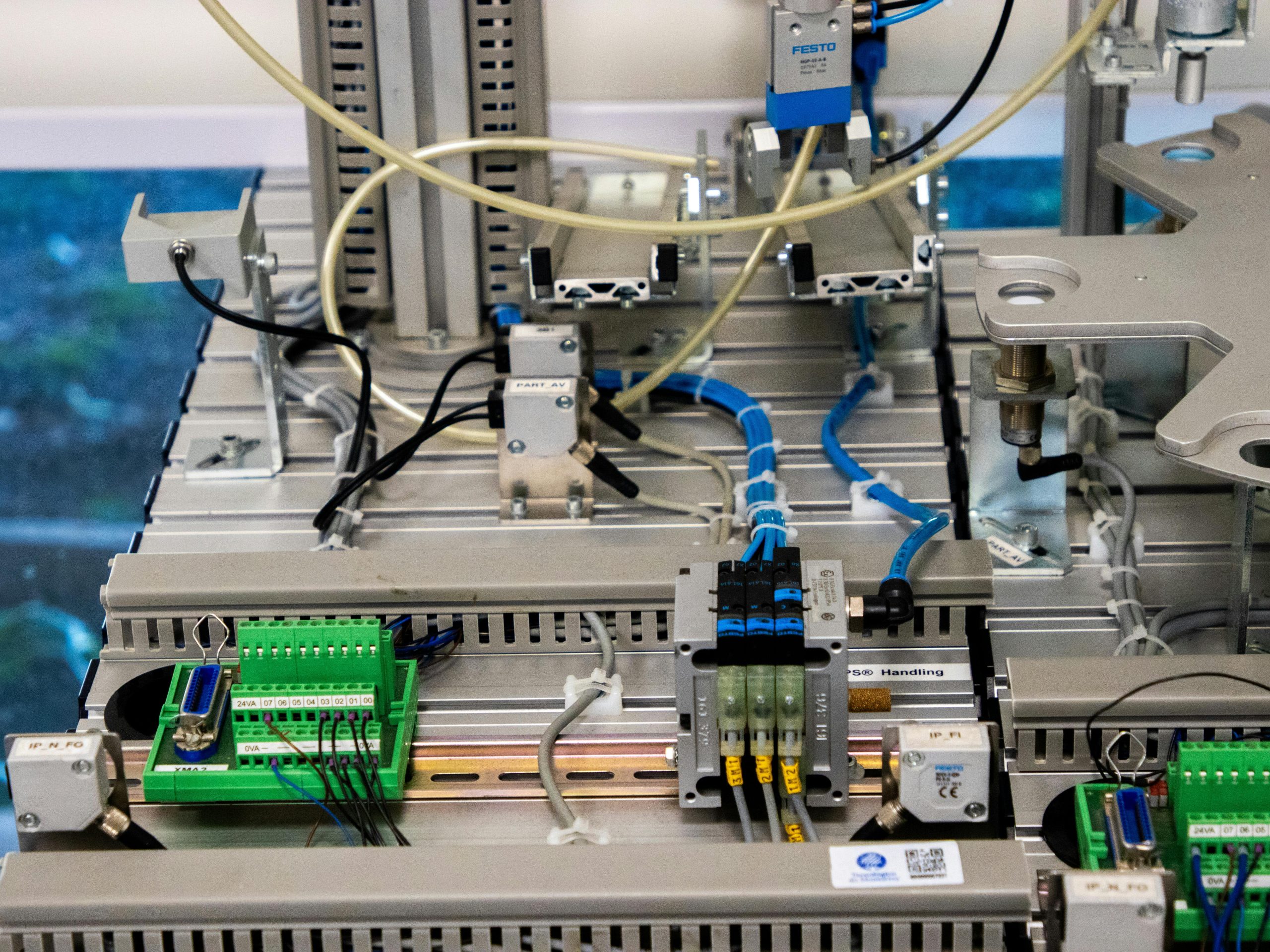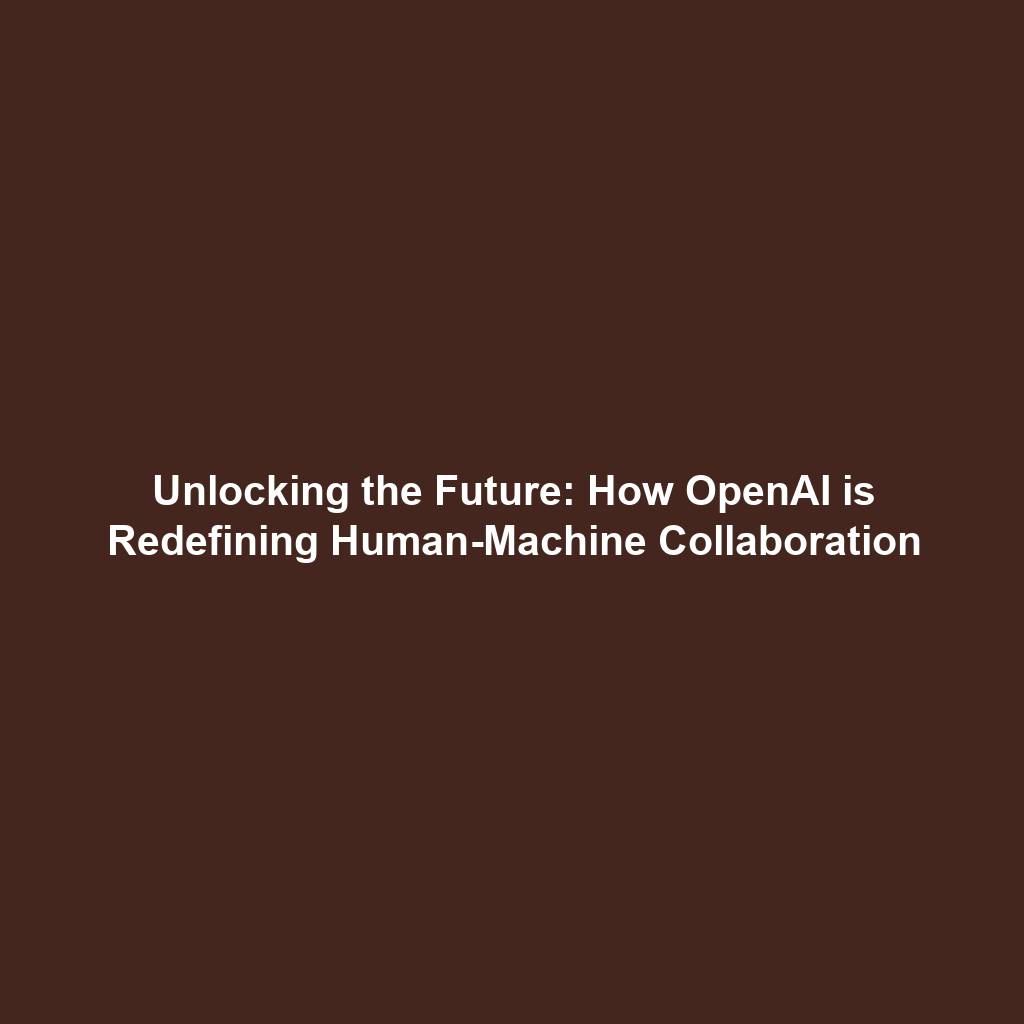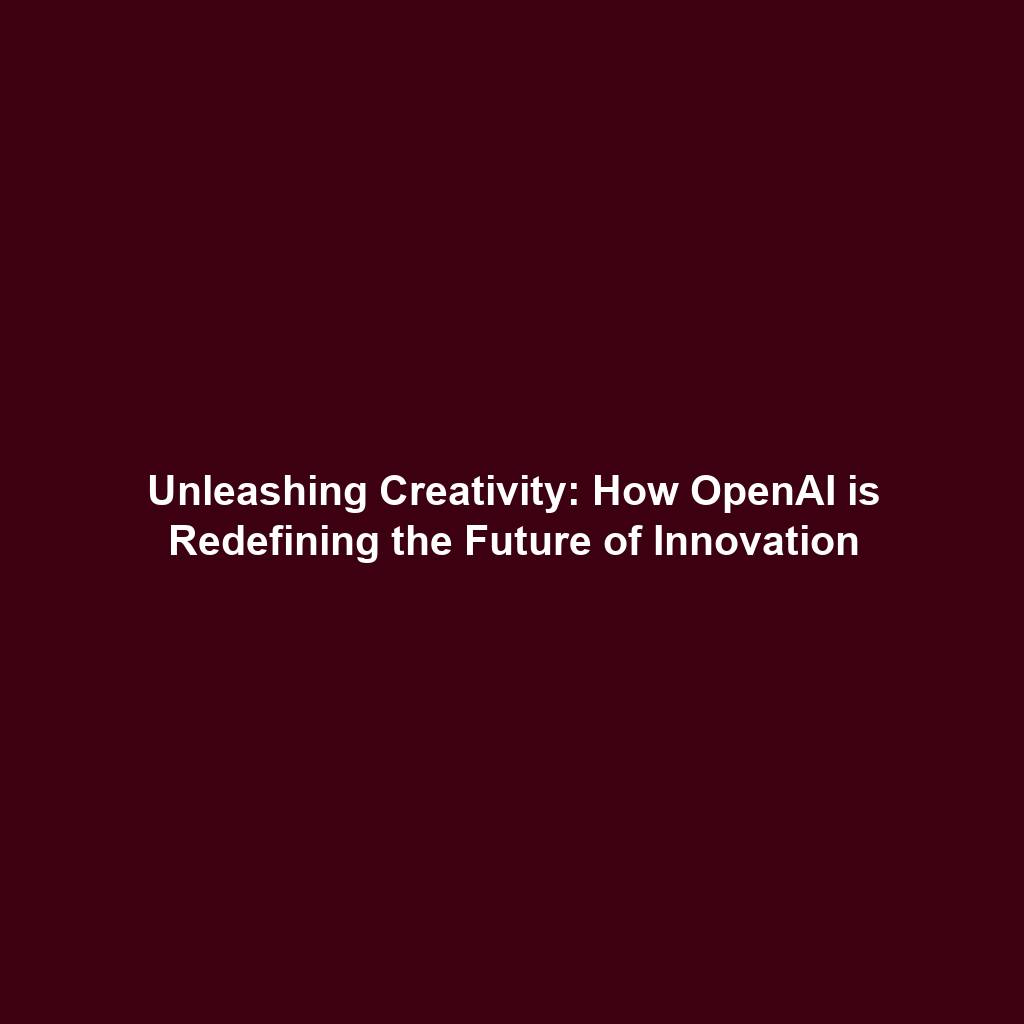Navigating the Path to AI Infrastructure: The Regulatory and Community Framework for OpenAI’s Stargate Campus in Michigan

The announcement of the OpenAI/Oracle/Related Digital Stargate data center campus in Saline Township, Washtenaw County, represents a pivotal moment for Michigan’s economic narrative, heralded by Governor Gretchen Whitmer as the “largest economic project in Michigan history”. This multi-billion-dollar investment in next-generation artificial intelligence infrastructure, requiring a colossal dedicated electrical supply of up to **one point four gigawatts (GW)**, naturally places the project under intense governmental and public scrutiny. The establishment of a facility of this monumental scale cannot proceed without navigating a complex and rigorous regulatory and approval landscape, which is currently the most immediate procedural hurdle threatening the projected early 2026 construction start date. While the project enjoys robust support from the state’s executive branch, its full realization hinges upon the successful traversal of critical administrative and permitting processes, with the review by the state’s primary utility regulator standing as the definitive linchpin.
Navigating the Regulatory and Approval Landscape
The sheer technical and economic magnitude of the Stargate Michigan campus—with its 1.4 GW power demand being approximately 25% of DTE Energy Co.’s current capacity—demands an unprecedented level of administrative oversight to ensure seamless integration into the state’s utility network, environmental compliance, and the protection of existing economic actors and the general public. The project’s commitment to a closed-loop water system and the preservation of over 700 acres is designed to temper understandable initial skepticism regarding its footprint, but this must be formally verified through regulatory channels. The path forward requires adherence to established procedures designed to maintain grid stability and prevent the undue shifting of infrastructure costs to non-participating ratepayers.
The Essential Role of the Michigan Public Service Commission Review
The ultimate authority determining the viability of the data center’s power supply rests squarely with the Michigan Public Service Commission (MPSC), the state’s independent utility regulator. This body is tasked with acting as the definitive steward of the public interest in all utility matters related to the project.
DTE Energy, the utility contracted to supply 100% of the power, is scheduled to formally submit its detailed operational plan to the MPSC for exacting review. This submission is comprehensive, outlining:
- The utilization of existing excess transmission capacity as the initial source.
- The financing and deployment of necessary battery storage augmentation, which the project itself is financing to meet full capacity requirements.
- Assurances regarding the impact on ratepayer costs, with DTE spokespeople indicating the project is not expected to increase rates and may actually contribute to grid maintenance costs.
- Senate Bill 237 (and companion legislation like HB 4906), approved in late 2024, extends significant tax breaks for data center operators.
- Under this law, data center operators investing $250 million or more receive exemptions from state sales and use taxes on equipment purchases through at least 2050.
- The incentive timeline extends to 2065 for facilities located on brownfield sites or former power plant locations, further encouraging industrial redevelopment.
- Fire Department Augmentation: A major portion is dedicated to the area’s fire departments, ensuring they acquire necessary modern equipment, specialized training, and staffing levels required to manage potential emergencies at a large industrial site.
- Community Investment Fund: A separate allocation will flow into a general community investment fund, providing the township board with flexible resources to address miscellaneous but critical local needs, such as park revitalization or support for social services.
- Farmland Preservation Trust: Perhaps the most direct nod to the site’s agrarian heritage, a dedicated segment of the pledge will be channeled into a farmland preservation trust. This mechanism provides a vital financial incentive for local farmers to maintain their acreage in agricultural use rather than selling to developers, thus directly supporting the community’s existing identity even as the technology campus takes shape nearby.
- Ecological Buffer: It ensures the development does not result in the complete urbanization of the large site, creating a managed buffer zone that supports local biodiversity and offers aesthetic or recreational value to the area.
- Agricultural Linkage: The preserved farmland directly connects the future-focused technology project back to Michigan’s deep agricultural roots.
- Water Management: The protection of wetlands contributes positively to regional water management and overall habitat health.
The MPSC’s examination will be thorough, focusing on verifying DTE’s claims that overall grid stability will be maintained throughout the multi-year ramp-up of the 1.4 GW load and that the massive infrastructure investment will not result in cost-shifting to residential or other commercial customers. The procedural timeline is critically constrained: the expected construction start date in early 2026 is directly tethered to the successful conclusion of this MPSC review period. This regulatory clearance is, therefore, the most immediate and consequential procedural milestone that must be achieved to keep the project on its projected schedule, and the process will undoubtedly feature extensive public hearings and opportunities for stakeholder comment following DTE’s filing.
Bipartisan Legislative Foundations Supporting Infrastructure Development
The current momentum and the comparatively smooth path toward utility review are not happenstance; they are the direct result of deliberate, proactive legislative strategy undertaken by Michigan’s governing bodies. State officials consistently point to the successful passage of key, bipartisan bills engineered specifically to reduce the financial and regulatory friction associated with constructing next-generation, energy-intensive infrastructure projects, of which the Stargate campus is the foremost example.
These legislative actions were strategically designed to position Michigan as a highly competitive location for investments in critical sectors, including AI infrastructure, advanced computing, and clean energy technology. The framework established a favorable and predictable legal environment for large-scale capital deployment, effectively signaling the state’s readiness to welcome significant investment that might face protracted bureaucratic delays elsewhere. The key component of this legislative groundwork involves tax incentives:
This legislative certainty, which secured the support of both major political parties, provided the crucial foundation that encouraged the Stargate partners to select Michigan over other potential sites. It signifies a unified governmental commitment to technological advancement that prioritizes long-term economic positioning over short-term political cycles, even as environmental groups voice concerns that such incentives could challenge the state’s 2040 carbon-free goal without stringent safeguards attached to power sourcing.
Community Integration and Local Benefit Allocations
While the state-level economic figures and technical specifications regarding power and water usage are staggering, the project’s ultimate success—and its acceptance by the public—will be measured by its tangible, positive impact on the immediate communities surrounding the Saline Township site. Recognizing the potential for public concern, the developers, specifically Related Digital, have proactively structured substantial financial commitments directly aimed at bolstering local municipal services and preserving community assets, addressing requests put forth by the Saline Township Board. This targeted, upfront investment strategy represents a sophisticated approach to corporate citizenship in the context of massive industrial development, aiming to foster a cooperative, long-term relationship between the corporation and the municipality.
Direct Financial Contributions to Local Municipal Services
To explicitly build goodwill and address prioritized local needs, Related Digital has committed to a substantial financial package directed toward several key areas as formally requested by the Saline Township Board. The total commitment amounts to a dedicated allocation of fourteen million dollars ($14 million), a significant infusion of capital for a local township. This funding is not monolithic but strategically earmarked:
This entire framework was established following a consent agreement between Related Digital and the Saline Township Board, which reportedly superseded an initial rejection of the project and avoided a potentially protracted legal battle. Furthermore, an independent traffic study conducted by the Michigan Department of Transportation (MDOT) awarded the project an “A” grade, concluding it will have minimal effects on local traffic, an important factor in community acceptance.
The Vision for Integrating Digital Advancement with Local Ecology
The proponents’ long-term vision extends beyond merely mitigating negative externalities; it actively seeks to pair the massive technological investment with a positive contribution to the local ecology and the surrounding community fabric. Central to this vision is the commitment to preserving over 700 acres of open space, a contiguous area encompassing working farmland, sensitive wetland ecosystems, and established forest tracts.
This land commitment achieves several crucial objectives:
By financing the farmland preservation trust, the project essentially offsets the potential landscape displacement by paying to maintain the agrarian character of the surrounding environment. This sophisticated, multi-faceted planning—encompassing infrastructure stability, high-skill job creation, environmental efficiency (via the closed-loop water system and LEED certification), and direct community benefit allocations—is what frames this as a benchmark investment in Michigan’s ongoing narrative of technological progress. The project, scheduled to break ground in early 2026 pending MPSC approval, aims to demonstrate how cutting-edge digital advancement can be successfully integrated as a responsible, long-term neighbor within Washtenaw County.










